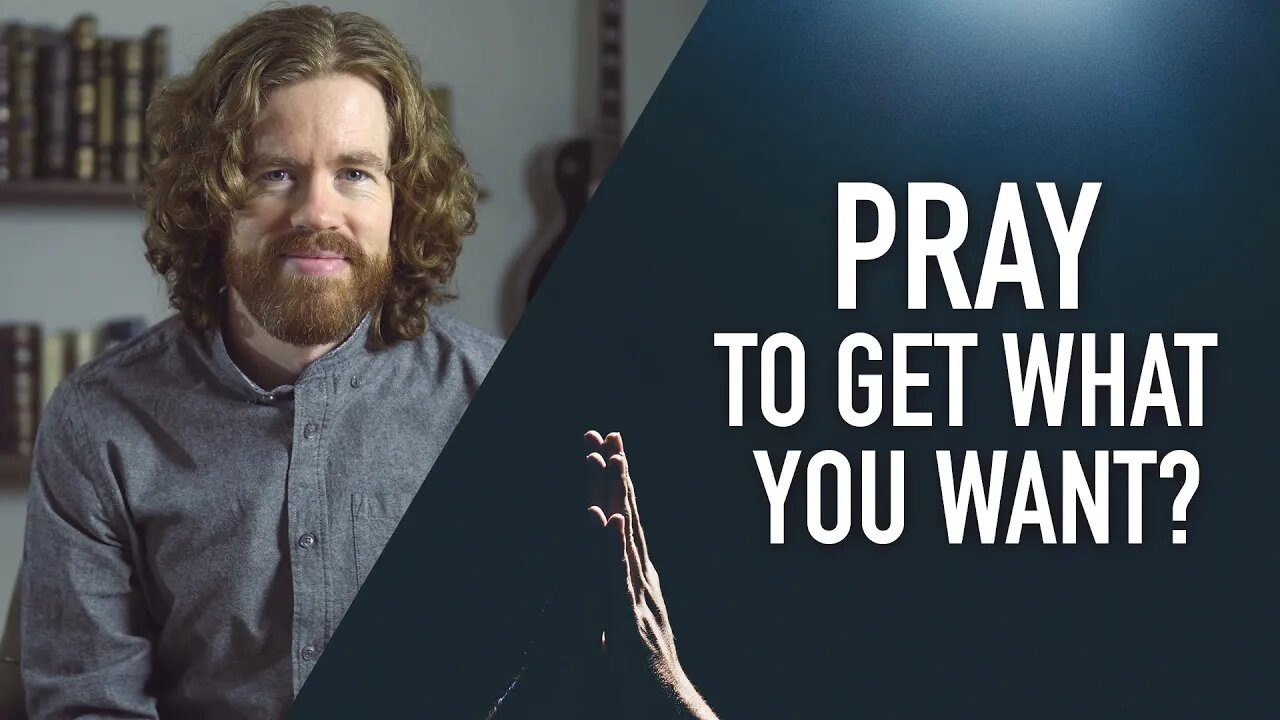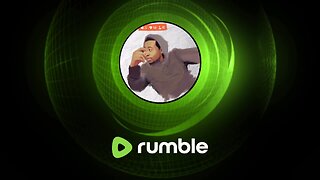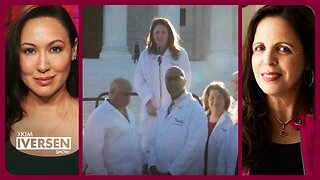Premium Only Content

Does Prayer Even Work?
Get your free trial of the full featured Hallow app here: https://hallow.com/brian/
Studies confirm positive effects of prayer:
https://academic.oup.com/aje/article/187/11/2355/5094534
https://psychcentral.com/blog/new-study-examines-the-effects-of-prayer-on-mental-health/
https://pubmed.ncbi.nlm.nih.gov/20391859/
Music written and generously provided by Paul Jernberg. Find out more about his work as a composer here: http://pauljernberg.com
Spanish translations by Vélez Translations, http://www.veleztranslations.com
When I first became a Christian, and then a Catholic, prayer was one of those things that came with a lot of questions. How do I do it? Why should I do it? What does it do? What should I expect? And I think a lot of those questions can easily persist for people well into their spiritual journeys.
And if you let it, the more you try to dissect it, the more confusing it can become. So a big one I want to explore in this commentary is, does prayer work and what do we mean by work? What is it that should happen when we pray? Should we expect that everything we ask for will be granted and if those requests aren’t granted, does that mean God’s not listening or he’s not there at all?
Something I’ve seen in more than a few atheistic commentaries is a challenge that if Christianity is true and if prayer is effective, then why not setup an experiment where you set all kinds of people to work to pray for a sample of people who are sick and then take another sample and don’t pray for them and see if there are more healings within the group that was prayed for.
This kind of scientific approach to the question of prayer should resolve the question around the efficacy of it right? But the problem is, an experiment like that would be based on quite a few fallacious assumptions.
You see, science is based on the assumption that reality is governed by fixed laws such that when you make observations of a sequence of cause and effect, you should be able to detect a pattern of those laws. For example, when two bodies come into proximity to each other, you should be able to observe the effects of gravity and so establish a law of gravity.
And that law tells us what always happens when certain conditions are met. But unless you think that prayer is like magic where you recite some incantation and it always produces an effect, like healing, you can’t treat it in the same way.
For one, prayer is an interaction with a person and in the case of prayers for healing, the petitioner is making a request of someone who can either grant or refuse that request which is quite a different process from observing a physical law.
Think of it like someone who goes to the bank to get a loan. There is no scientific precision to a process like that. My dad worked in commercial lending for a bank and he used to tell me that a lot of what he did was based on subtle hints and intuition about the person or company making the request. Whether or not he granted the request was based on a whole range of factors that made it so that the petitioner had no way of knowing if the request would be granted.
Sometimes that reply is no and the only way to really evaluate why a request was denied is by knowing the reasons in the mind of the person who is denying the request.
In the case of prayer, that means knowing and understanding the mind of God who has every possible variable accounted for which we cannot even begin to understand.
The other problem with this approach to scrutinizing the efficacy of prayer is that it assumes that the effect of prayer or the reason we pray is to have our requests granted and that’s not really why we pray.
We don’t make requests of God because he needs to be reminded. Like he’s up there going, “Oh right, you’re looking for a job, I completely forgot. Thanks for reminding me.”
God’s knowledge is complete and his will is perfect, so our petitioning of him isn’t supposed to change his mind or tell him something he doesn’t already know. So it raises the question, why pray at all?
Full transcript at: http://www.brianholdsworth.ca
-
 4:20
4:20
Brian Holdsworth
1 year ago $0.04 earnedThings Are Going to Change for Me Now...
2641 -
 LIVE
LIVE
BonginoReport
2 hours agoJoe Rogan Brings Back Pizzagate (Ep.154) - 03/06/2025
11,422 watching -
 LIVE
LIVE
Wendy Bell Radio
4 hours agoStranded & Abandoned By The Democrat Party
7,023 watching -
 6:05:13
6:05:13
Akademiks
16 hours agoDay 1/30. Drake Drops lawsuit vs iHeartMedia? Offset and Cardi Calls it Quits. 50 v Jim Jones?
205K13 -
 2:55:11
2:55:11
TimcastIRL
13 hours agoDemocrat TANTRUM At Trump Speech BACKFIRES, Trump Polls UP, Dems UNDER FIRE w/67Kevin | Timcast IRL
245K78 -
 1:25:23
1:25:23
Kim Iversen
15 hours agoFrom Doctor to Political Prisoner: Dr. Simone Gold on COVID Lies, January 6th, and Medical Tyranny
89.2K57 -
 2:09:28
2:09:28
Melonie Mac
17 hours agoGo Boom Live Ep 39!
91.9K10 -
 1:04:36
1:04:36
Man in America
18 hours ago🚨 BREAKING: Dr. Robert Young JAILED! Medical Tyrants Will Do ANYTHING to Silence Truth
112K28 -
 3:01:44
3:01:44
I_Came_With_Fire_Podcast
16 hours agoPanama CANAL BlackROCKED | Left of PODCASTING | Ukraine AID GONE
60.4K10 -
 45:56
45:56
Glenn Greenwald
16 hours agoLee Fang Reacts to Trump's Speech to Congress; Will DOGE Tackle Military Waste? | SYSTEM UPDATE #418
111K117